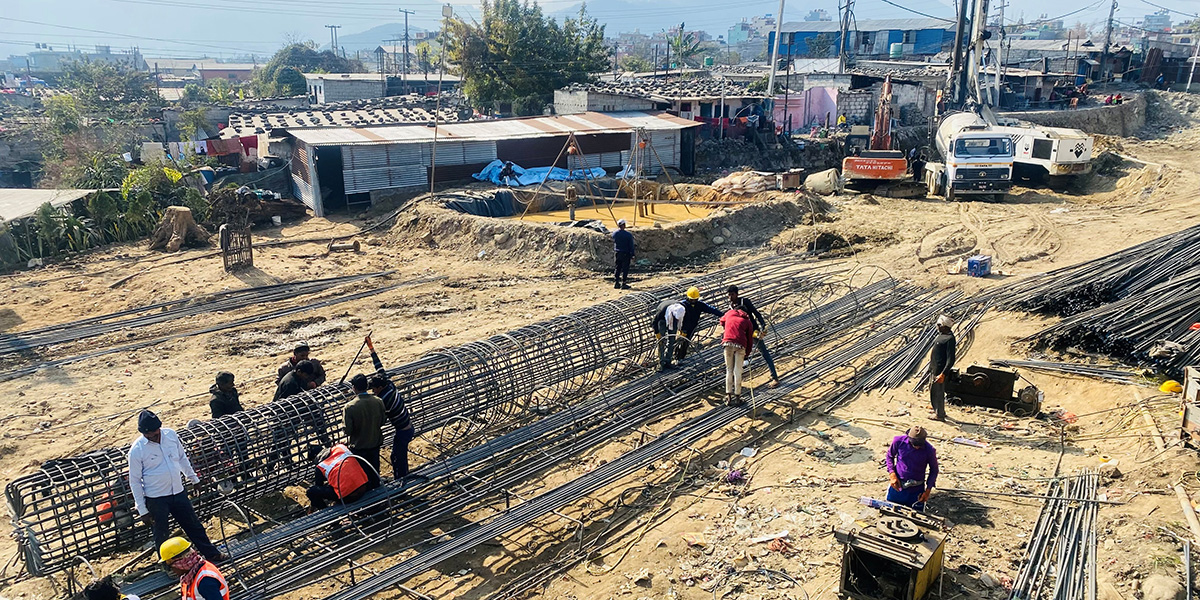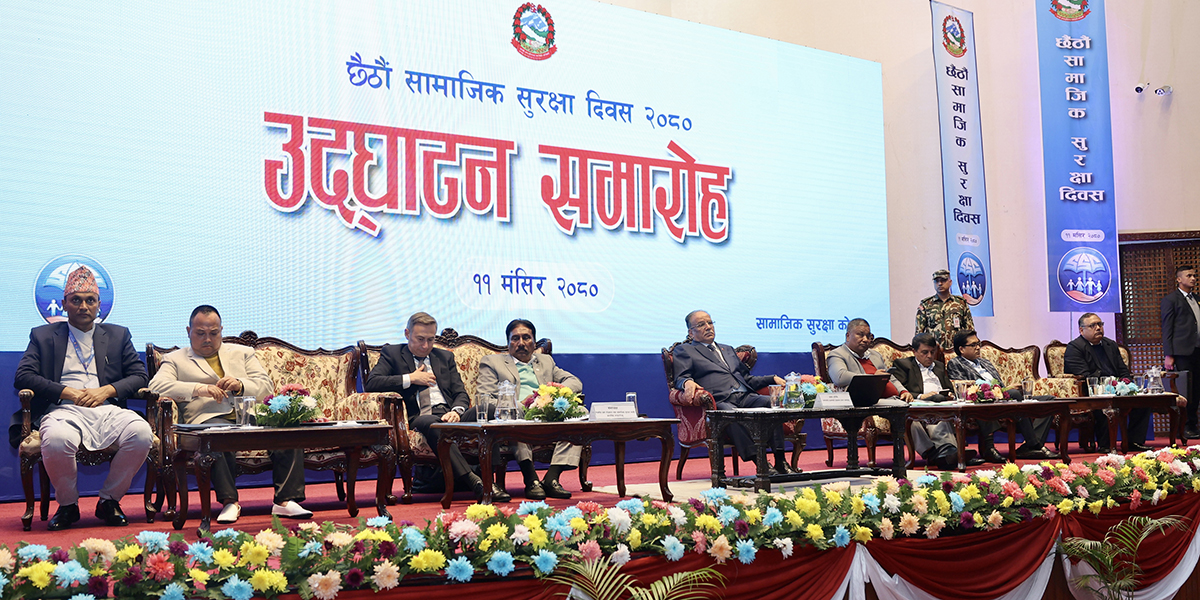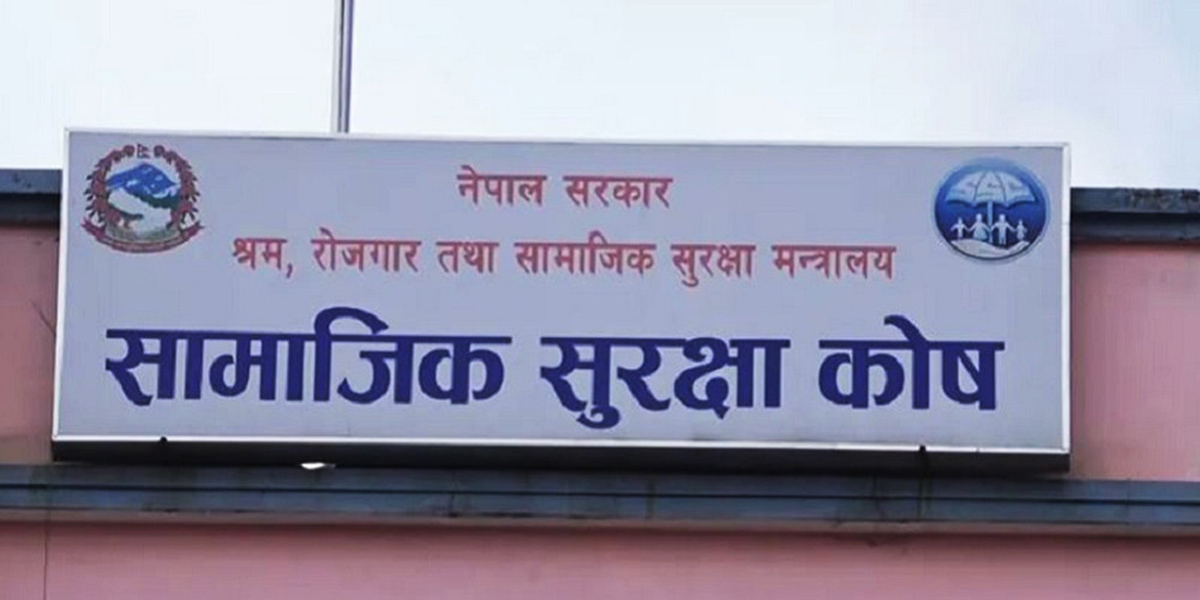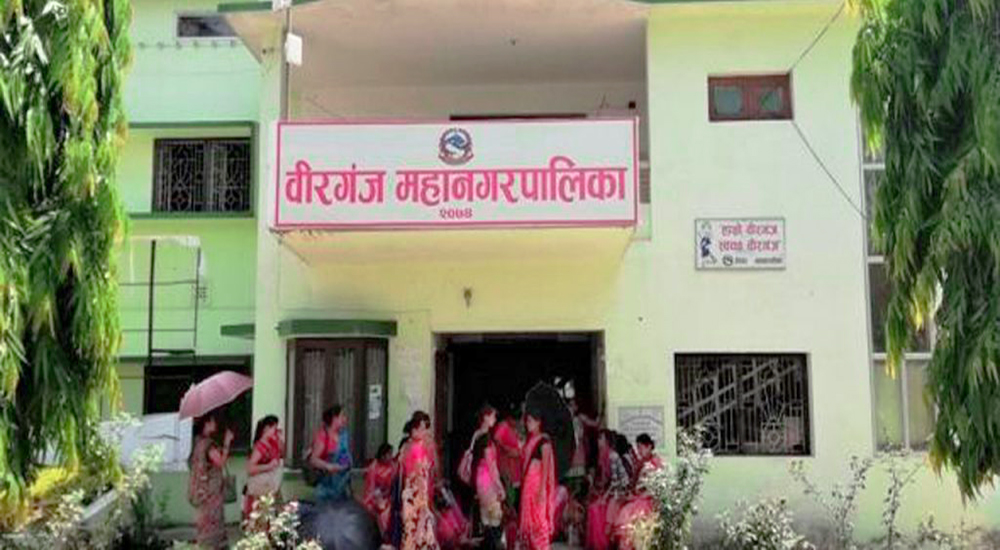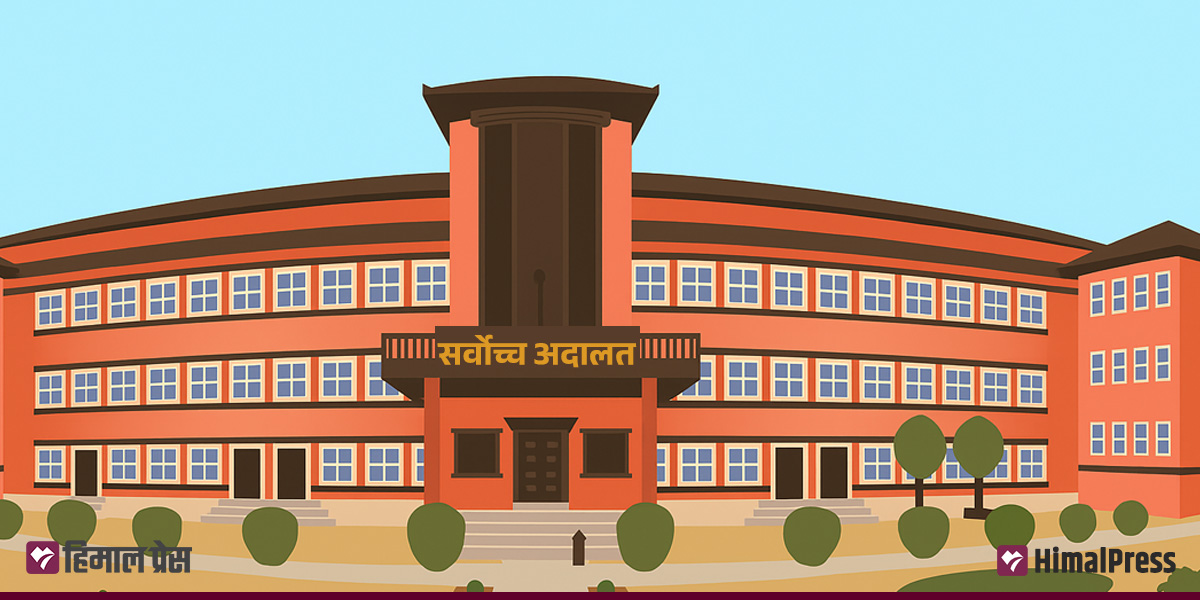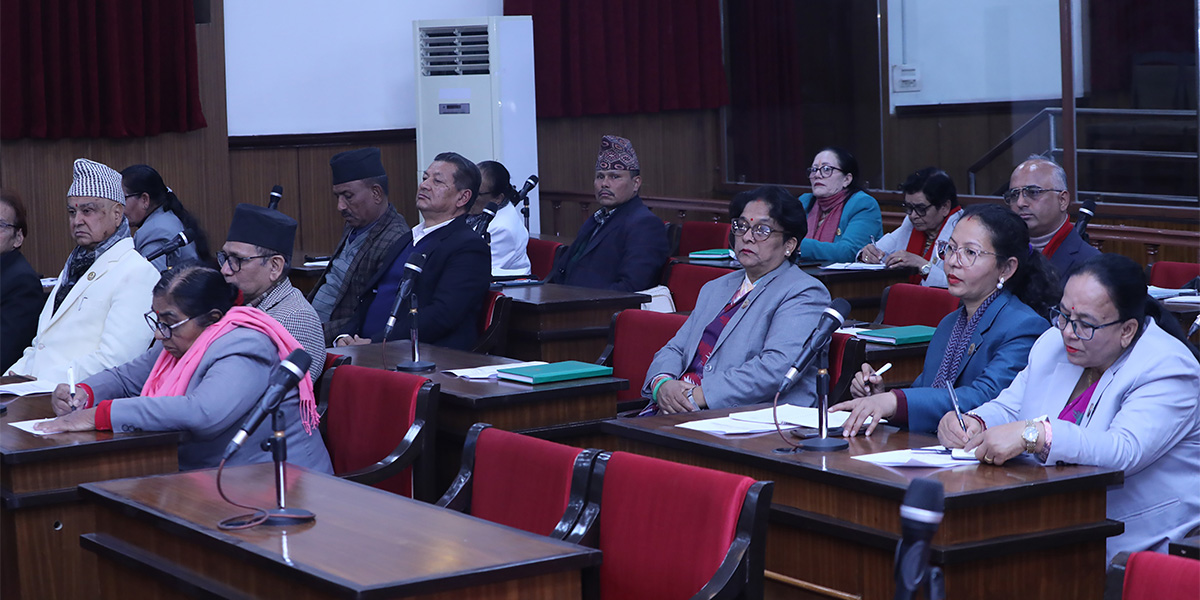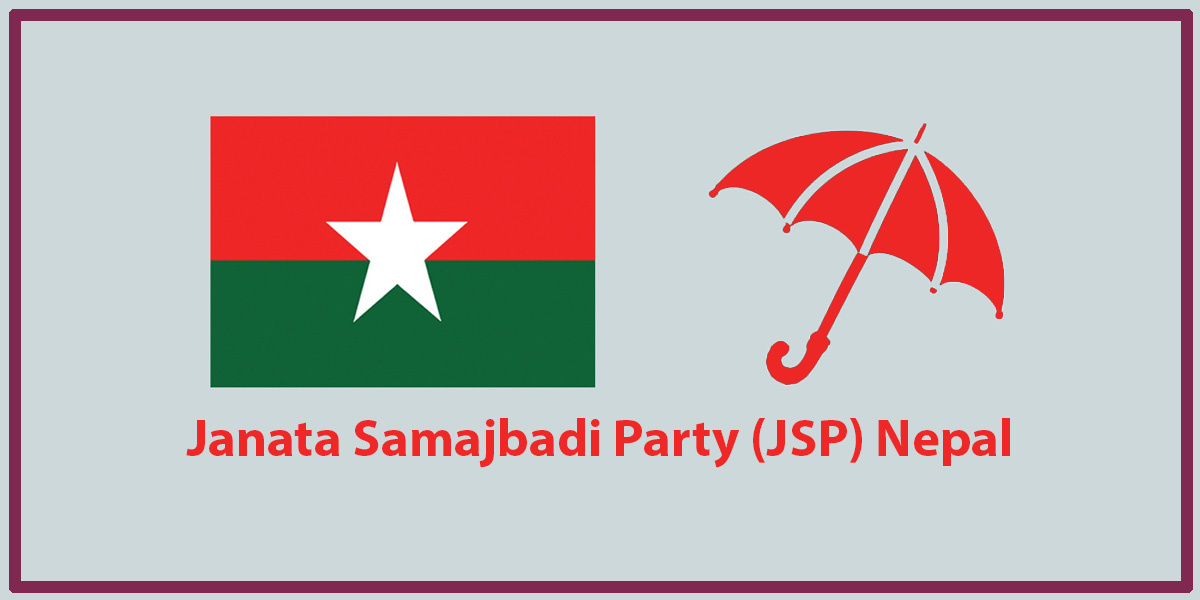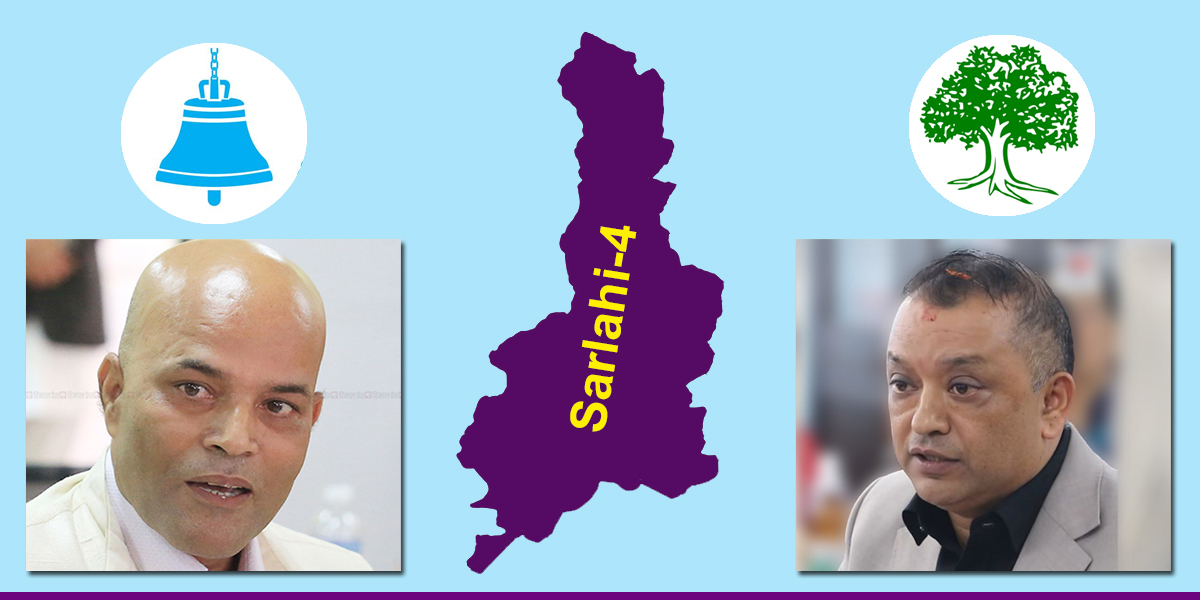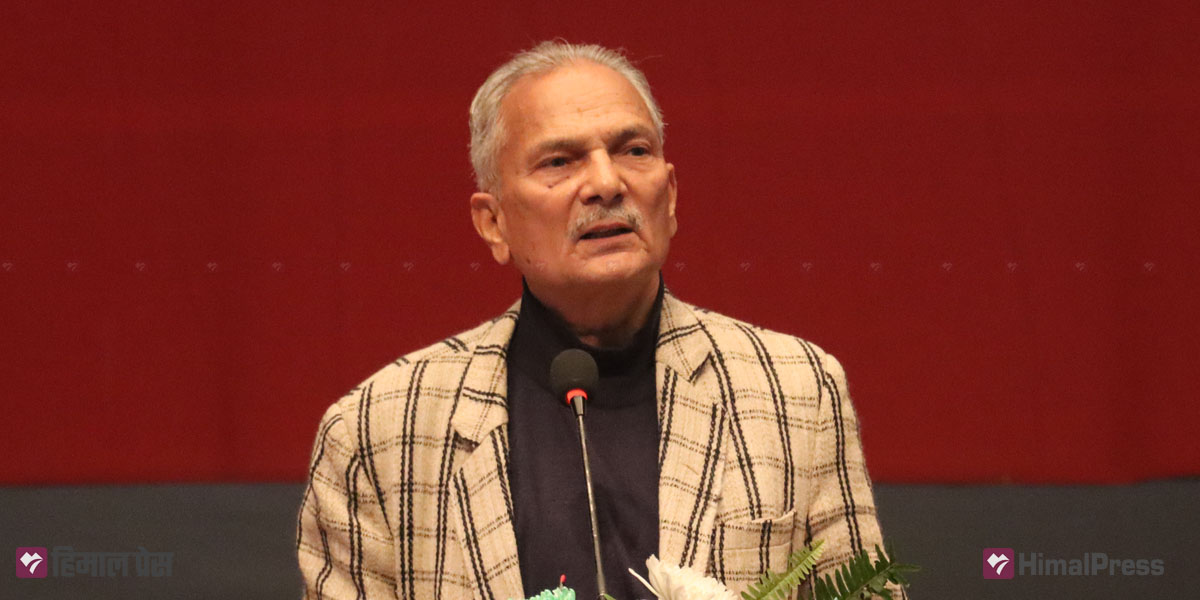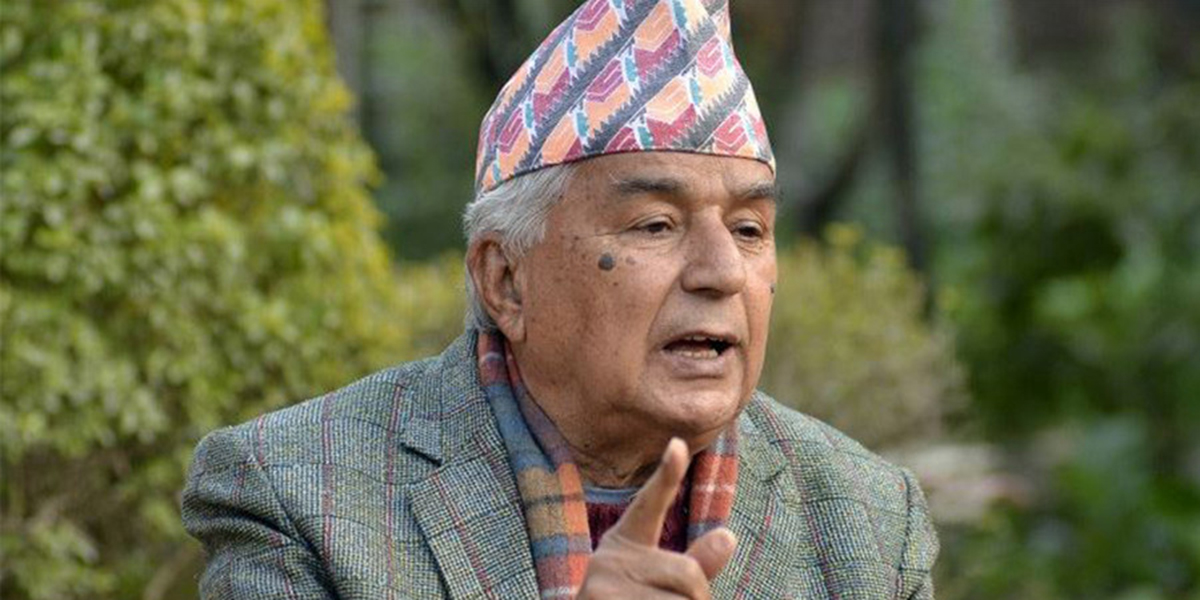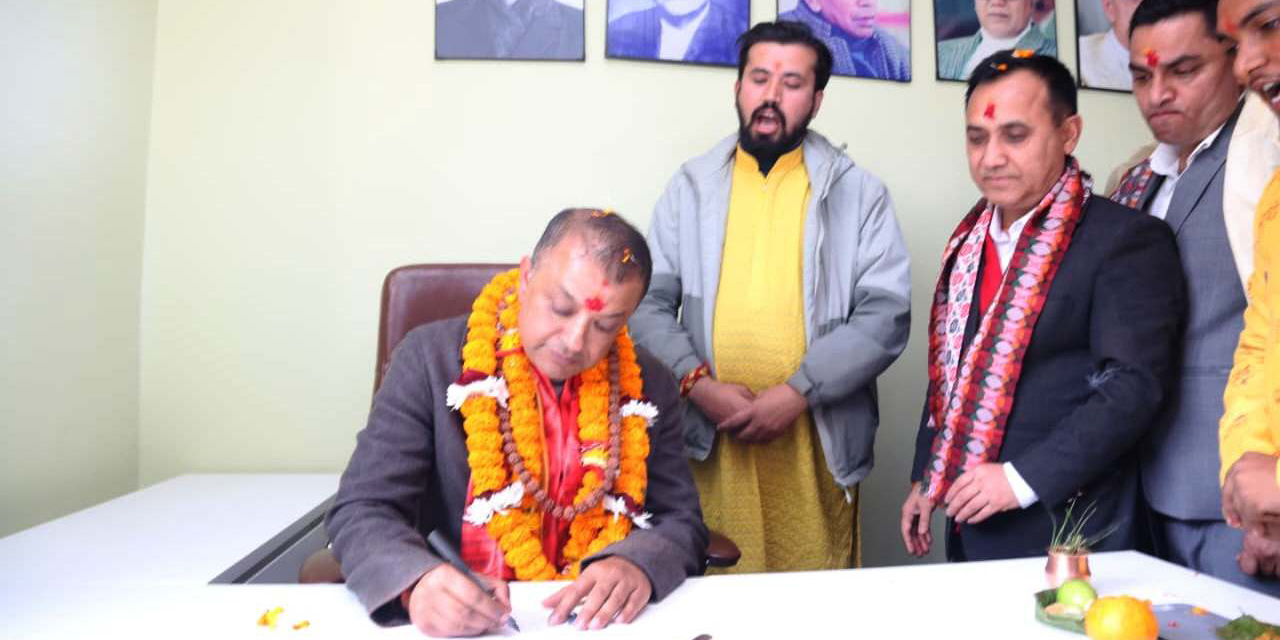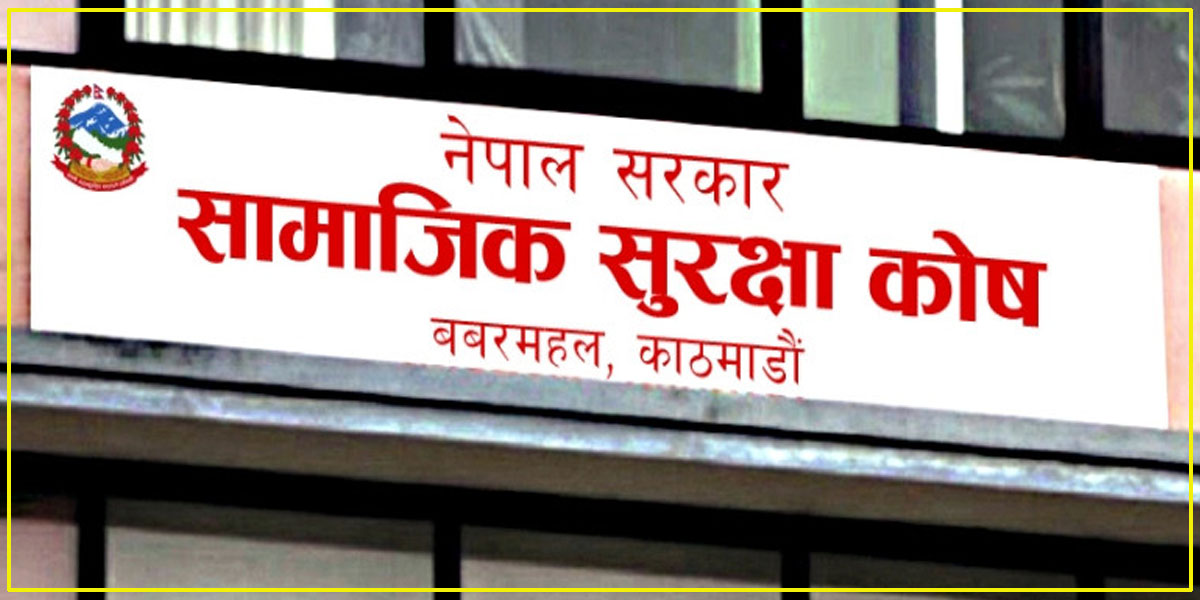
KATHMANDU: The government has reduced the pension and other benefits that workers are entitled to from the Social Security Fund (SSF). The facilities have been curtailed by amending the working procedure of the Social Security Fund for the fourth time, according to trade union leaders.
The amended provisions, however, have not been made public.
Trade union leaders have accused the SSF of unilaterally amending the working procedure. They say that instead of increasing benefits as prescribed by the International Labor Organization (ILO) to make the fund more reliable and attractive, attempts have been made to create further problems.
Binod Shrestha, president of the General Federation of Nepalese Trade Unions (GEFONT), stated that the services and facilities for contributing workers have been reduced by the SSF. “The amendments go contrary to the objectives of the social security program,” he added. According to Shrestha, the government itself is working to make the Social Security Fund irrelevant. “The fourth amendment has led to a reduction in benefits for contributors. Now, it will be difficult for contributors to withdraw the money they and their families have deposited. Everyone needs to be cautious about this,” he added.
Although employers, contributors, and government representatives had agreed to make amendments to the working procedure, trade union leaders say the government changed some of the agreed-upon points before making the amendment.
Bibek Panthi, spokesperson for the SSF, acknowledged that some issues were identified during the amendment process. He admitted that some benefits for contributors were reduced during the amendment. “Discussions are underway following concerns raised by the contributors. The government did not intentionally reduce the benefits. The amendment was intended to make it easier for contributors. However, there were some shortcomings,” he added.
Panthi stated that the weaknesses in the amendment would be discussed and addressed before implementation.
What benefits were reduced
Under the self-employment Old-age Protection Scheme, contributors could deposit between 2.67% of the basic salary of the minimum remuneration set by the government to a maximum of 2.67% of three times the minimum remuneration. The fourth amendment, however, mandates a minimum contribution of 5% of the government-set minimum remuneration and a maximum of 5% of three times the minimum remuneration for schemes other than the self-employment old-age security scheme.
Section 14 (A) of the working procedure previously stated that under the dependent family benefit scheme, if a contributor died for any reason, the benefit would be applicable from the date of making a contribution to the SSF. However, the amendment now requires a mandatory contribution for at least 12 months before the death, regardless of the cause. Additionally, to be eligible for the dependent pension, at least nine months of contributions must be deposited by the 15th of the following month.
For unmarried contributors who die, their parents were previously entitled to 60% of the basic remuneration that a spouse would receive. However, Section 17 has been amended to reduce this benefit from 60% to 40% for parents. Furthermore, the definition of dependent parents has been expanded, excluding them from the benefit if the contributor has other physically and mentally capable sons, daughters-in-law, or unmarried daughters.
Section 23 (A) previously allowed contributors, who wished to deposit more than three times the government-set minimum basic remuneration into the pension scheme to do, so by submitting an application. The Fourth Amendment now mandates that any amount exceeding the government-set minimum basic remuneration must be compulsorily deposited into the retirement scheme. This prevents higher-earning contributors from receiving higher pensions.
Similarly, basic remuneration used to be calculated based on the average of the last three months as per Section 35. The fourth amendment extends this period to the average of the last 24 months. For contribution to the Dependent Family Protection scheme, the new amendment specifies that the basic remuneration cannot exceed five times the government-set minimum basic remuneration.
Section 8 of the Contribution-based Social Security Act previously required employers to continue depositing contributions for three months even if the employee did not receive a salary for any reason. The fourth amendment has extended this period to eight months.
The new provisions in the working procedures will come into effect from May 31.


